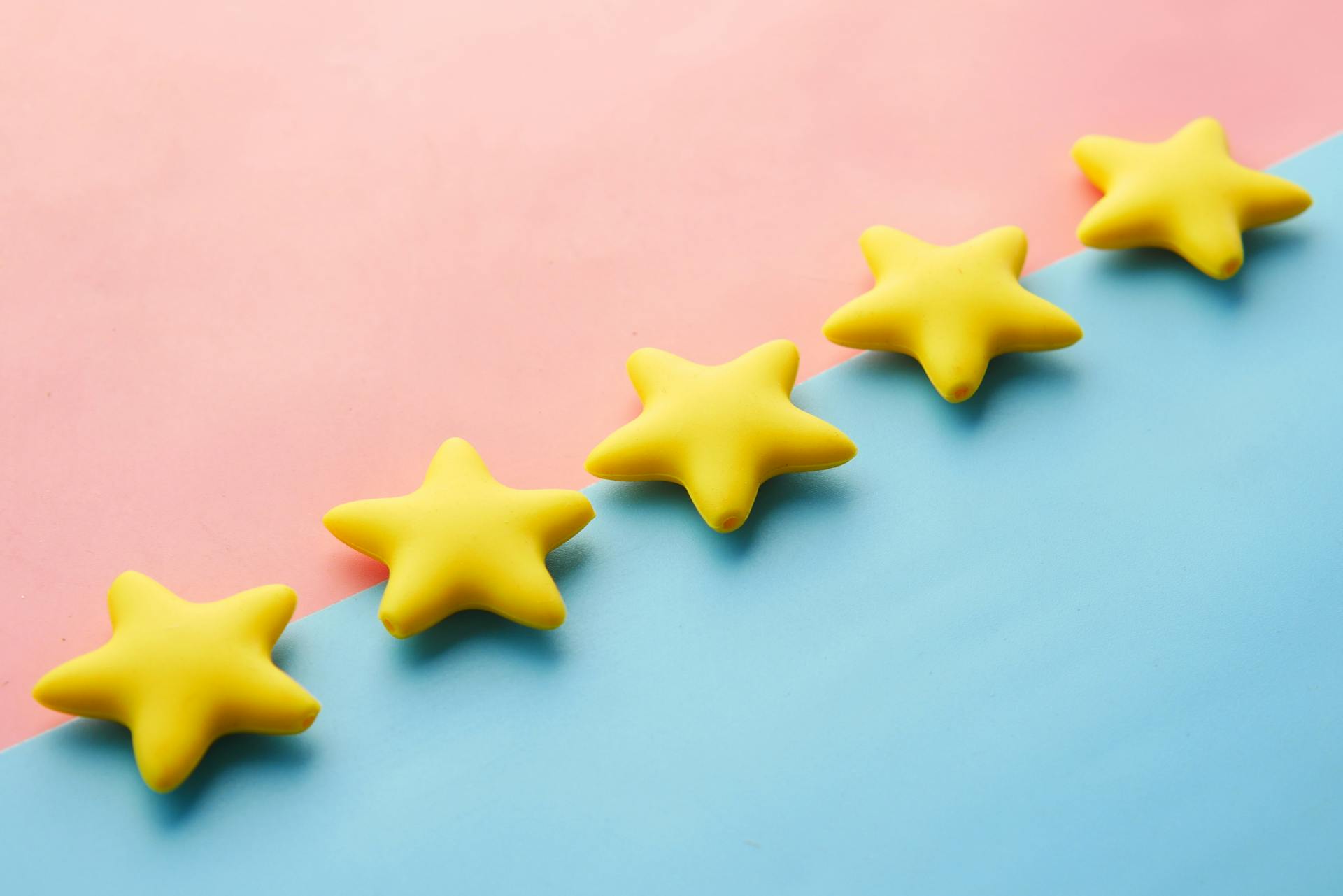In this world, there are plenty of opportunities to judge someone else. We judge the waitress on her performance and the tips we give her, review movies to determine whether we like them, and go through yearly performance reviews, giving our colleagues subjective advice on improvement. It’s almost as if our world runs on an economy of opinion. By having an opinion on Uber drivers, hotels, products, professors, people we date, and even ourselves, every interaction is essentially a transaction. We ask ourselves, “How does this benefit me?” Turning our subjective experience into a numerical score has become standard. We never ask if the service we’re given has value, even if we don’t like it.
How May I Serve?
The easiest example of this type of judgment comes from our tipping system. Instead of giving the servers of our world a living wage, we give them incentives based on our opinions of their work. This was the initial intent. I tip every server the same amount because it’s not about what they’ve done to serve me. I tip them with the intention of gratitude for providing me with food I would have had to cook and serve myself otherwise. Instead, we ask questions like how long it took to get the water to the table. Did she smile enough? Did he say thank you? This interaction becomes a performance, and the customer is now the critic. Even if the server makes a slight mistake, we disregard that these people are human. Judging this person, we disconnect ourselves from empathy, connection, and shared humanity.
My Music Experience
In high school, I was a music snob. I only liked boom bap, 90s-styled hip-hop. Any other type of hip-hop, especially that played on the radio, was awful to me. Instead of listening to the music, I would hear a crunk beat and instantly turn it off. Even worse, if I heard someone else bumping music they liked, I wasn’t afraid to tell them that their music tastes were bad. As you can imagine, this only caused a disconnection between me and those who liked the music I disliked. Instead of dancing to popular music, I found myself on the outskirts for no other reason than feeling superior about the music I listened to.
Some might be the opposite of me and are only entertained by highly rated popular music. As a result, we turn down any media we deem bad. We don’t participate in something that we can easily resonate with only because we believe that this movie, this TV show, or this song doesn’t please us. Once we become open, we will realize that some of the best things don’t always score well on Yelp.
Swipe Culture
Don’t get me started on relationships. This is the biggest area in which judgment is cast on others. We are all searching for love, but our petty beliefs hinder us from seeing people as they are. Dating apps have only purported this phenomenon. We judge people on nothing more than their photo and the few words they add to their bio. With a flick of the finger, we tell millions of people a day that they are not our type. As a result, we’ve been trained to assess, select, and discard like we are shopping for people in aisle 5.
When relationships get hard, we position ourselves as disappointed customers. We say things like, “This isn’t what I signed up for,” as if people mimicked our Netflix subscription. We’ve never read the Terms and Conditions, so why pretend to now? The truth is that people are not services, and love is not a subscription. People will always make mistakes, and they will never always be 5-star material. We aren’t looking for love if we can’t love what confuses or challenges us. We are merely consuming comfort.
Questions and Responses
It’s the idea that our world now operates on constant judgment. We review, rate, and evaluate everything, from Uber drivers to people we date, turning human interactions into transactions.
Tipping has become less about appreciation and more about performance scoring. This pressures workers to always act perfectly, even though they’re human, just like us.
We often tie media preferences to identity and intellect. It’s easy to think that someone’s taste reflects their value, but that mindset shuts down connection and curiosity.
Yes, it can be. Love isn’t a subscription model. We miss out on real connections when we expect perfection from partners and swipe people away like products.
Absolutely. It starts with awareness. We make room for deeper understanding when we pause to consider context, choose empathy, and stay curious instead of critical.
A low score can cost someone their job or business. While quick and convenient, these numbers can carry serious consequences that don’t always reflect the full picture.

